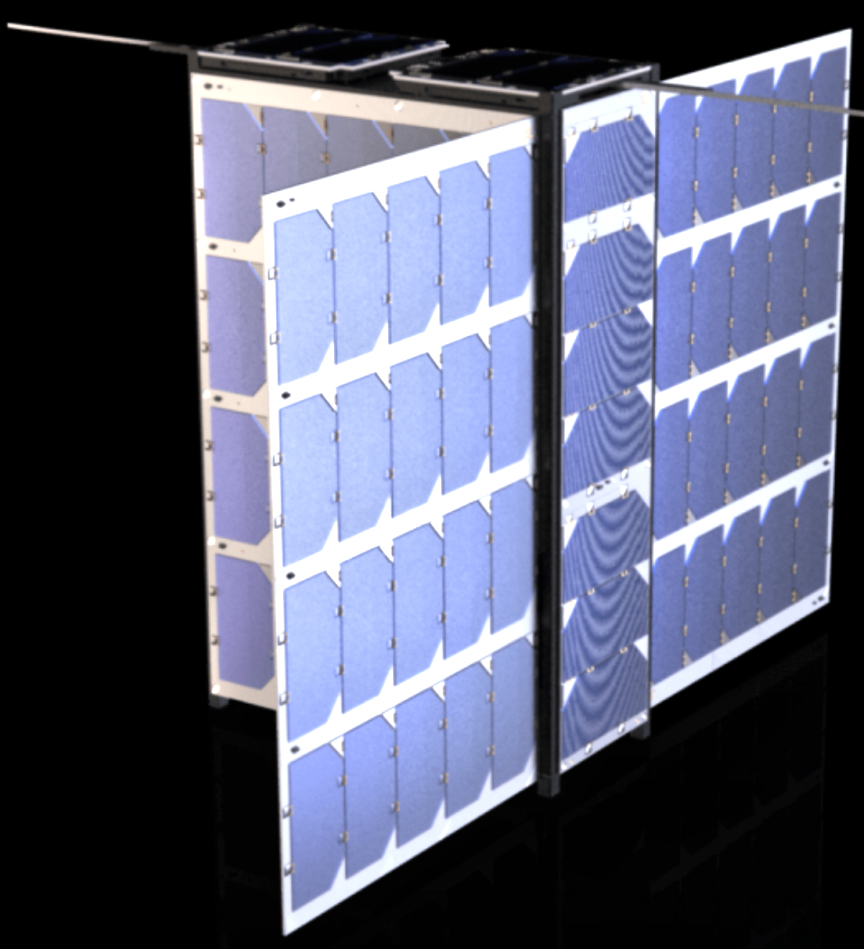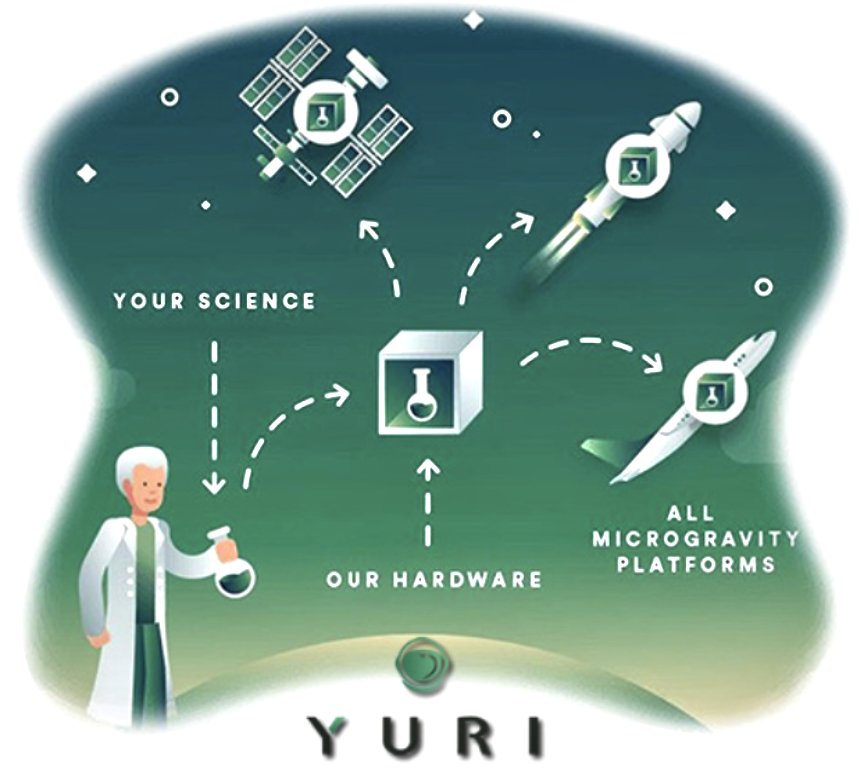EnduroSat has joined the Orbital Transports partner network and will make their cubesat products and services available through the Space Catalog.
EnduroSat products include cubesat platforms ranging from 1U to 6U; transmitters, receivers, and antennas for UHF, S-band and X-band communications, and a variety of cubesat avionics, solar panels and power modules.

The Space Catalog is Orbital Transports’ digital portal for the smallsat industry that showcases some of the industry’s most innovative and reliable companies. As a one-stop shop for smallsat missions, the catalog features cubesat and smallsat buses, COTS hardware components, ground station services and mission operations software, orbital transfer services, hosted payloads, satellite servicing and refueling technologies.
Executive Comments

“We have been expanding successfully our partnerships in the last few months. The Space Catalog will be a great step toward growing our contact network,” said Raycho Raychev, CEO of EnduroSat. “We look forward to cooperating with Orbital Transports and providing ever-growing value to our partners and customers.”
“We’re very happy to add EnduroSat to the Space Catalog,” stated David Hurst, CEO of Orbital Transports. “Their nanosatellites are known for their high quality and reliability, and will be an asset in any mission. Including EnduroSat in the Catalog really ups the game for the whole industry.”
Also joining the Space Catalog is yuri GmbH and that firm will offer their modular experiment hardware and services for microgravity research.

yuri offers a growing portfolio of off-the-shelf, flight-proven, reusable modules suitable for conducting microgravity experiments ranging from growing cell cultures in three dimensions and studying protein crystallization, to understanding fluid dynamics and interfacial phenomenon in the absence of gravity.
Executive Comments

“Research in microgravity helps us understand the inner workings of biological and physical systems and therefore enables advancements in pharmaceutical development, biotechnology, agriculture and material science,” said Philipp Schulien, Chief Technology Officer for yuri. “Our experiment modules enable researchers studying molecular and cellular processes to explore the unique properties of the microgravity environment.”
“While life sciences microgravity research can be conducted aboard the International Space Station, with this partnership we are expanding the capabilities of commercial small satellites as life sciences microgravity research platforms,” noted David Hurst, Orbital Transports’ CEO. “This opens up an entire new product area for us, and we plan to carry additional products for microgravity research in the near future.”
